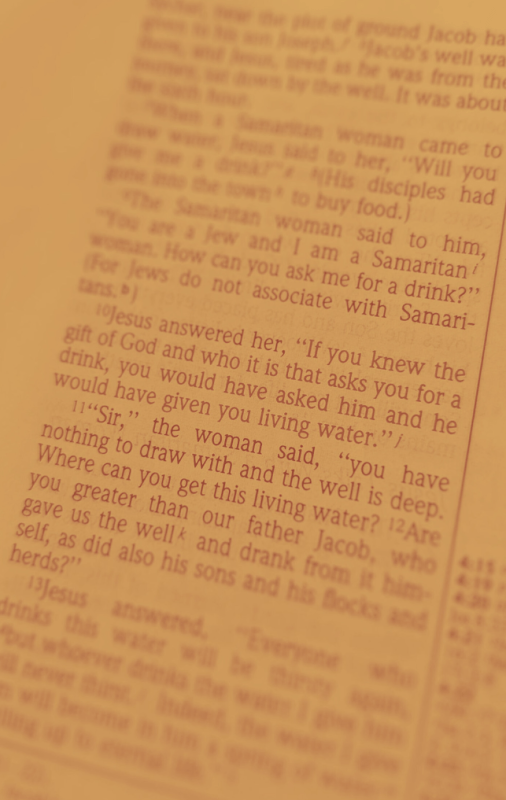WHDL - 00019346
 Visit the home page
Visit the home page
About Site Language
WHDL is viewable in multiple languages. Use the pull-down menu to select a language to view the site.
I changed my language, but I’m still seeing resources in the other languages?
If a resource or text has not been translated into your selected language, it will appear in the initially added language. We are always looking for help translating these resources. If you can help, contact us!
WHDL - 00019346


click to copy
Gaines, T (2008). A CHRISTIAN AESTHETICS OF JUSTICE: TOWARD THE REVERSAL OF OUR OWN TRAGIC FLAW . Research Institute for International Education (RIIE)
Gaines, TimothyA CHRISTIAN AESTHETICS OF JUSTICE: TOWARD THE REVERSAL OF OUR OWN TRAGIC FLAW . Research Institute for International Education (RIIE), 2008
Gaines, TimothyA CHRISTIAN AESTHETICS OF JUSTICE: TOWARD THE REVERSAL OF OUR OWN TRAGIC FLAW . Research Institute for International Education (RIIE), 2008
Gaines, TimothyA CHRISTIAN AESTHETICS OF JUSTICE: TOWARD THE REVERSAL OF OUR OWN TRAGIC FLAW . Research Institute for International Education (RIIE), 2008
Sophocles’ 5th century BCE epic of Oedipus, and the construct of Greek tragedy as a whole, has recently become the object of philosophical and theo-politcal examination, particularly as it relates to Christian aesthetics.1 The aesthetic view, it is argued, is formative for the Christian’s view of the world, philosophy or Weltanschauung. To be more precise, the literature of Greek tragedy has been foundational in the formation of the Western mind whether its embrace has been conscious or unconscious. In the case of the tragic hero Oedipus, the Western subject gazes upon this character at the end of his life, bleeding from the eyes and blind, condemned to wander the world in darkness as a result of his tragic flaw, in this case, hubris. Oedipus, we think, has brought this upon himself; it was his own flaw that set into motion the course of events that now lead to his demise. What is more, the Western reader understands Oedipus to be, in some way, a hero in his tragedy, to embody the heroic tendencies in his own pain and suffering. And yet, the aesthetic holds: Oedipus must suffer, for in his suffering Oedipus is beautifully lifted to heroic status. In what follows, we will examine the ways in which both biblical and Christian theological narratives provide those who have been formed by such an aesthetic an alternative vision of tragedy, and in particular, suffering. It will be seen that an aesthetics of suffering and justice as informed by biblical and theological sources provides a better way of glimpsing the beatific vision of the coming Kingdom as proclaimed in Luke’s gospel. Such a glimpse will provide Christians with a new vision of suffering in which the recipient of tragedy resists the title of hero as it is understood in a Greek literary context. Instead, a Christian aesthetic of tragedy names suffering for what it is and posits a hope that suffering will be redeemed rather than glimpsing suffering through the lens of a glorified romanticism which names the tragic sufferer as hero.
CC BY-NC-ND 4.0 https://creativecommons.org/licenses/by-nc-nd/4.0/
9 Resources
2023
1925
2011
2009
2009
2013
2024
2023
2024
2025
2025
2025
2011
2010
2008
2006
2026
2010
2026
2026
2009
2008
2023
2024